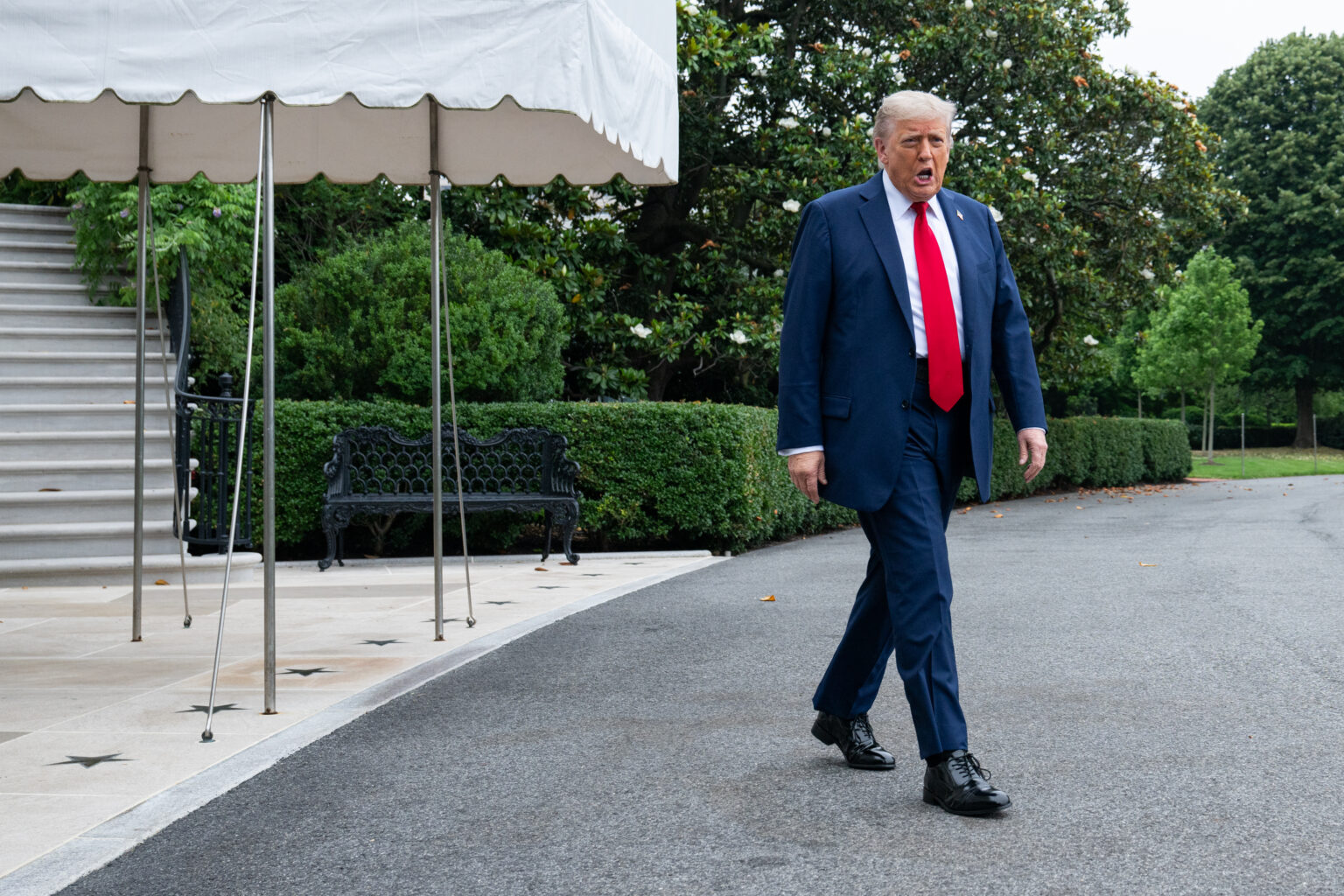NAACP Declines to Invite President Trump to Its 2023 National Convention Amidst Civil Rights Concerns
For the first time in its 116-year history, the National Association for the Advancement of Colored People (NAACP) has decided not to extend an invitation to sitting President Donald Trump for its upcoming national convention. The organization cited his recent actions and rhetoric as reasons for this unprecedented exclusion, emphasizing concerns over threats to American democratic principles.
Reasons Behind the Decision
NAACP President and CEO Derrick Johnson articulated the organization’s stance, stating, “The president has enacted unconstitutional executive orders aimed at suppressing voter rights and dismantling federal civil rights safeguards. He has unlawfully deployed military forces against communities and persistently undermines foundational democratic institutions to consolidate personal power and benefit financially from government resources.” This statement underscores the group’s view that Trump’s policies and conduct have jeopardized core democratic values and civil rights protections.
Details of the 2023 Convention
The upcoming NAACP convention is scheduled to take place from July 12 to 16 in Charlotte, North Carolina. The theme for this year, “The Fierce Urgency of Now,” highlights the urgent need to address ongoing political polarization and persistent threats to civil liberties. The decision to exclude the sitting president adds a new chapter to the organization’s history of engaging with national leaders.
Historical Context and Political Tensions
This move marks a significant departure from past practices, as the NAACP has historically welcomed sitting presidents regardless of their political affiliations. Since its founding in 1909, the organization has hosted leaders from both major parties, including Harry S. Truman, Dwight D. Eisenhower, Ronald Reagan, Bill Clinton, George W. Bush, and Barack Obama. Notably, Vice President JD Vance was also not invited this year, reflecting the organization’s stance on the current administration’s approach to civil rights and constitutional respect.
The tension between the NAACP and the Trump administration is part of a broader pattern of conflict, with the organization actively involved in legal challenges against policies perceived as harmful to civil rights, such as efforts to weaken the Department of Education and restrictive voting laws.
Reactions from the White House
Harrison Fields, a spokesperson for the White House, responded via email, asserting that “the NAACP promotes division and hostility, while President Biden is committed to uniting the nation, strengthening the economy, securing borders, and fostering global peace.” This statement reflects the ongoing political divide surrounding civil rights issues and leadership approaches.
Previous Presidential Engagements at NAACP Events
Historically, U.S. presidents have recognized the importance of engaging with civil rights organizations. For example, President Joe Biden attended and addressed the NAACP convention in 2024, shortly after an attempted assassination on Trump. During his speech, Biden condemned political violence and used the moment to critique Trump’s record on race relations, emphasizing the importance of honesty in political discourse. Biden remarked, “Lowering the temperature in our politics doesn’t mean we should stop speaking the truth. As Harry S. Truman famously said, ‘I’ve never given anyone hell. I just told the truth, and they thought it was hell.'”
Past Presidential Absences and Their Significance
In contrast, Donald Trump notably declined to speak at the NAACP conventions during his campaigns and presidency. In 2016, amid rising racial tensions, he refused to address the organization as the Republican nominee. After his election, Trump also declined invitations in 2017 and 2018, citing scheduling conflicts and disagreements over the format of his appearance. In 2019, he refused to speak again, citing changes in the event’s structure and format, which he claimed were unacceptable. That year, convention delegates passed a resolution calling for his impeachment, further illustrating the strained relationship.
Engagements by Past Republican Presidents
Despite recent tensions, Republican presidents have historically participated in NAACP conventions, recognizing their role in shaping national conversations on race and equality. For instance, President George W. Bush, in 2006, expressed regret that the Republican Party had distanced itself from the Black community, stating, “For too long, my party dismissed the African American vote, and many African Americans felt alienated from the Republican Party.” He emphasized the importance of rebuilding trust and working collaboratively on shared goals.
Similarly, President Ronald Reagan, in 1981, condemned racial bigotry, asserting, “A few isolated groups still cling to perverted notions of what America stands for, but this nation, grounded in its core values, will not tolerate such conduct.” His remarks underscored the importance of unity and the rejection of racial hatred.
Looking Ahead: The Future of Civil Rights Engagement
The decision to exclude President Trump from this year’s NAACP convention underscores ongoing debates about the role of political leaders in civil rights advocacy. As the nation continues to grapple with racial disparities, voting rights challenges, and democratic integrity, organizations like the NAACP remain pivotal in shaping the discourse. The 2023 convention promises to be a platform for addressing these critical issues, emphasizing the urgency of collective action and the importance of holding leaders accountable for their impact on civil liberties.

